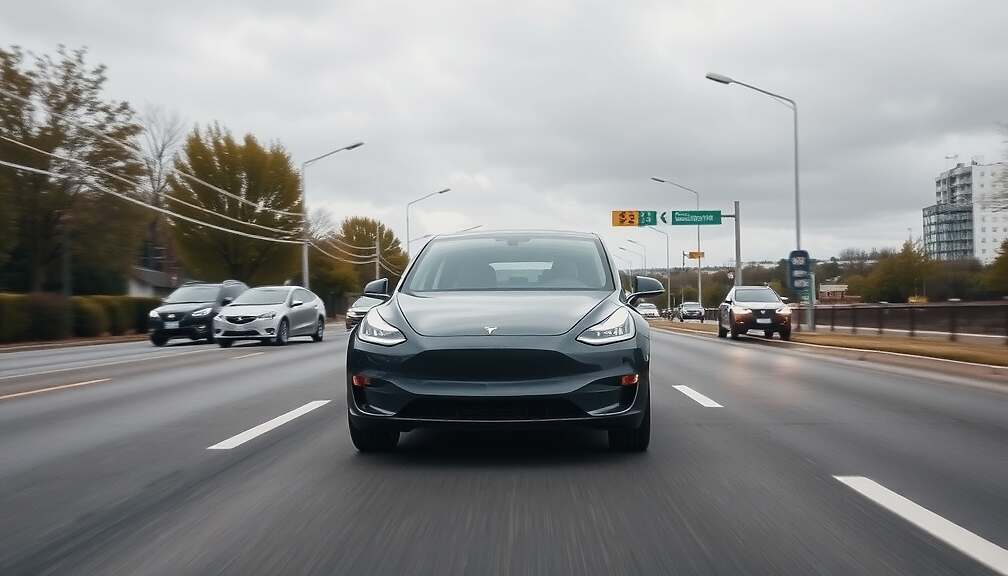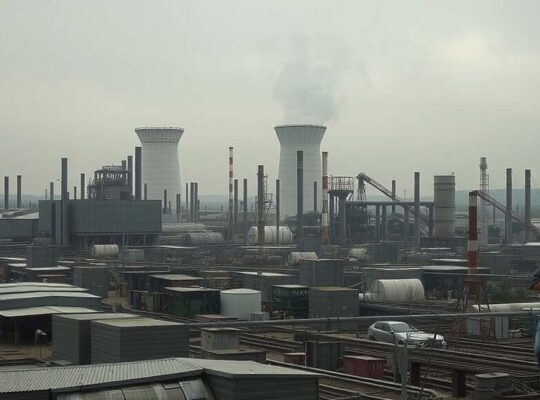Tesla is poised to significantly disrupt the electric vehicle market with the imminent launch of a revamped and more affordable Model Y, according to sources within the company’s Grünheide, Germany manufacturing facility. André Thierig, Tesla’s head of German operations, revealed details of the new variant during an internal event, details subsequently reported by Handelsblatt. The move signals a strategic push by Tesla to broaden its customer base and potentially counter emerging competitive pressures in the EV sector.
The new Model Y Standard distinguishes itself markedly from its predecessors through substantial design modifications. Thierig described a “completely altered front, completely new bumpers, a completely redesigned rear and different lights” emphasizing that the vehicle presents a fundamentally different aesthetic. Beyond aesthetics, the changes are also geared toward cost reduction, translating to an approximate 10% price decrease compared to the existing Model Y offerings.
While Tesla has long championed performance and premium features, this move suggests an acknowledgement that affordability remains a key barrier to wider EV adoption. The introduction of “super cloth seats instead of leather seats” underscores the prioritization of cost optimization. Furthermore, Thierig stated the model is “range-optimized” potentially reflecting advancements in battery technology or efficiency improvements driven by the redesign.
Industry analysts suggest this strategic shift from Tesla isn’t solely about capturing new customers. With established automakers and emerging EV startups fiercely contesting market share, the lower-priced Model Y could serve as a crucial tool in fending off competition and maintaining Tesla’s dominant position. However, some question whether a diluted feature set and a visibly differentiated design will appeal to existing loyalists and whether the cost savings truly translate to significant margin improvement for Tesla given current supply chain complexities and material price volatility. The rapid rollout, scheduled to commence “in a few weeks” also raises concerns about potential production bottlenecks and quality control issues. The success of this venture hinges on Tesla’s ability to balance affordability, maintain performance and navigate the complexities of scaling a redesigned vehicle within its already demanding production schedule.












